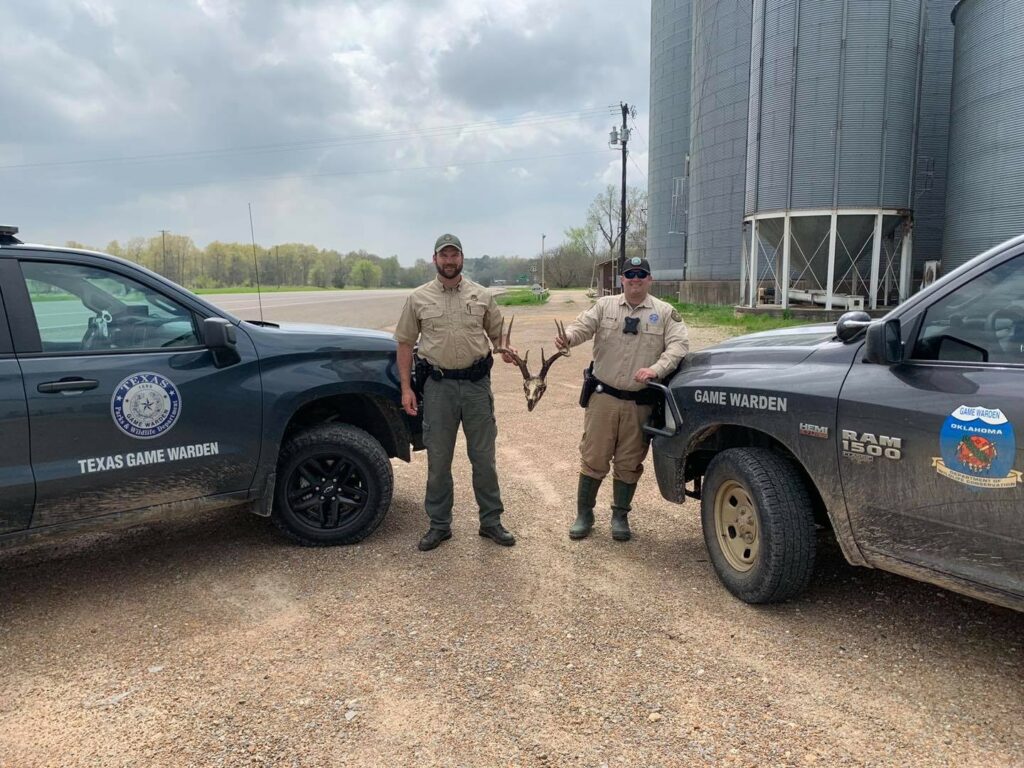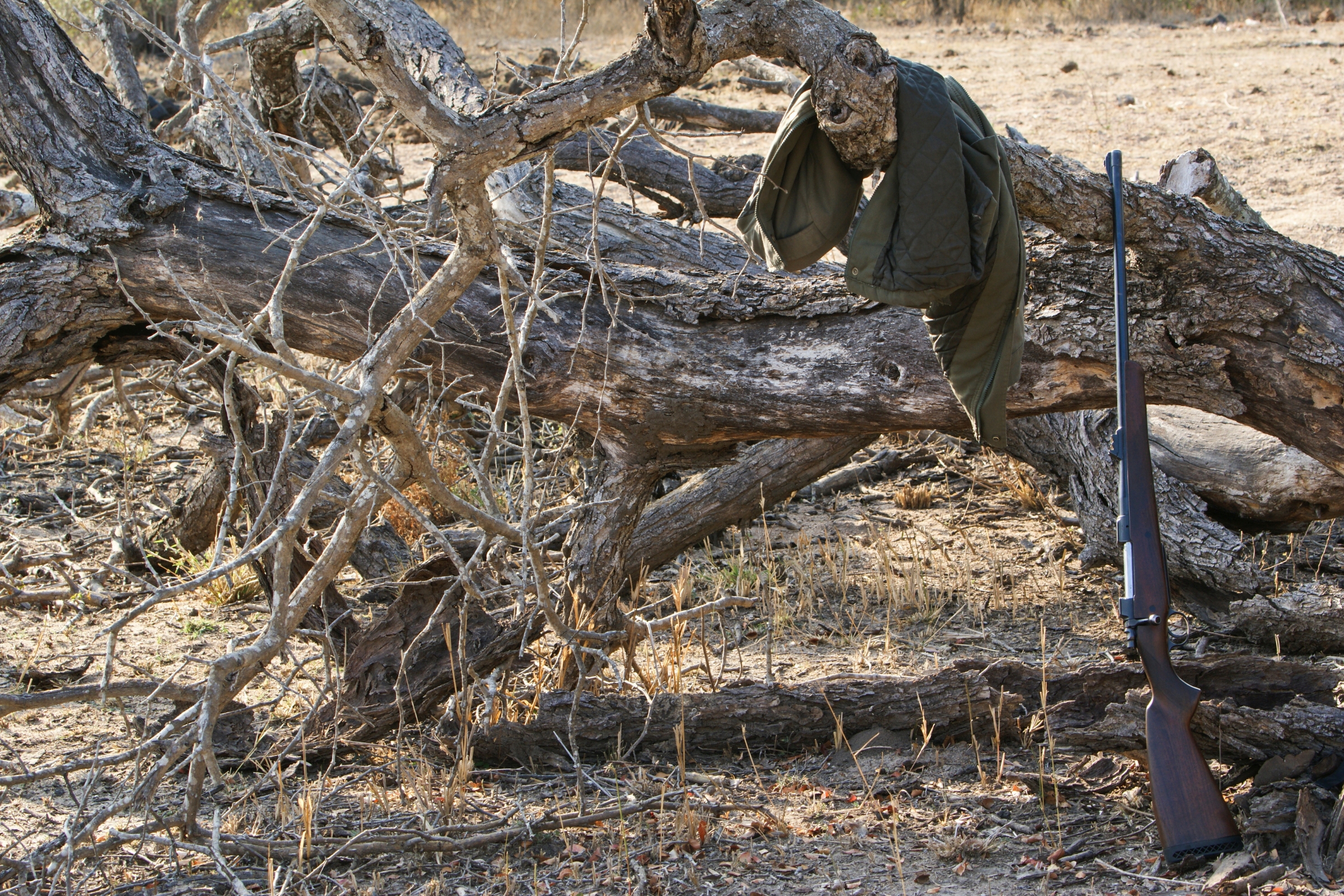Are you drawn to the great outdoors and considering a career dedicated to nature? Park rangers and game wardens are both guardians of our natural resources, but their roles differ significantly. Park rangers often serve as educators, park managers, and public safety providers in national parks, while game wardens focus primarily on wildlife protection and law enforcement as conservation officers. A “park ranger” might lead field trips or respond to medical incidents, whereas a game warden conducts investigative reports and enforces state wildlife laws. If you’re interested in pursuing a career in wildlife, understanding whether you envision yourself as a law enforcement ranger or as a police officer of the woods will guide your path.
When it comes to work environments, park rangers may find themselves offering customer service or engaging in conservation efforts within the serene landscapes of national parks. In contrast, a game warden has an average salary that reflects the demanding nature of their work, which often includes patrolling remote areas to protect against illegal activities affecting wildlife. Both roles may participate in search-and-rescue missions, but game wardens are more likely to align with law enforcement agencies, whereas park rangers typically focus on preserving the park’s natural and historical integrity.
Understanding the Distinction
Delving into the roles of park rangers and game wardens reveals that their responsibilities, while overlapping in their dedication to the environment, diverge in focus and execution. Park rangers manage the intricate balance between preserving natural beauty and facilitating public enjoyment, whereas game wardens are staunch defenders of wildlife laws. This fundamental distinction is essential for those considering a path in either profession, as each requires a unique set of skills and passions.
Defining a Park Ranger
A park ranger embodies a versatile role within natural settings, such as national parks and municipal parks. Often seen as the public face of park management, rangers and forest stewards are tasked with ensuring public safety, upholding park rules, and preserving the environment. The average annual salary of a park ranger reflects the variety of duties performed, from educational outreach to emergency response.
The Role of a Game Warden
Game wardens, also known as wildlife officers, operate under a distinct mandate to protect wildlife and enforce state laws. These dedicated individuals monitor vast territories to prevent illegal hunting, excessive hunting, and hunting accidents. Federal game wardens also uphold national regulations, ensuring the survival of species and the balance of ecosystems. Their unwavering commitment to wildlife service is crucial for the continued conservation of our natural heritage.
The Work Environment
Park rangers and game wardens work in settings that are as vast as they are varied. State parks, national parks, and municipal parks are common workplaces for park rangers, while game wardens patrol broader natural territories. An entity that employs park rangers may also be involved in wildlife service, reflecting the interconnected nature of these environmental professions.
Where Park Rangers Serve
Forest rangers and park rangers are often employed by government agencies to serve in natural sanctuaries, such as national and state parks. Rangers and forest conservationists are instrumental in managing these areas, ensuring visitor safety and environmental preservation. The annual salary of a park ranger can vary based on location and the specific responsibilities they undertake within the park’s domain.
Game Wardens’ Territory
A game warden’s jurisdiction stretches across state and sometimes federal lands, where they diligently protect wildlife from illegal activities. These wildlife officers are empowered to enforce state laws and conservation policies, often in rugged and remote areas. Their role is crucial in preventing illegal hunting, excessive hunting, and in responding to hunting accidents, ensuring the safety of both wildlife and people.
The Wilder Side of Law Enforcement
While park visitors may encounter park rangers leading guided tours or offering educational insights, there’s a wilder side to law enforcement within these natural realms. Park rangers are trained to handle unexpected scenarios, from wildlife encounters to preserving order among visitors, ensuring everyone enjoys a safe and memorable experience.

Job Duties and Responsibilities
Whether patrolling the trails or leading educational programs, park rangers and game wardens are committed to the stewardship of natural habitats. Their duties can range from providing educational presentations to carrying firearms for public safety in state parks. Both are often certified in first aid and CPR, ready to respond to any emergency that arises among park visitors.
What Park Rangers Do
Park rangers have a diverse set of responsibilities that extend beyond the maintenance of park facilities. They are involved in interpretive services, environmental education, and ensuring the well-being of park visitors. Rangers often serve as guides, educators, and sometimes emergency responders, making each day a unique challenge.
Interpretive Services and Environmental Education
Interpretive rangers specialize in connecting visitors with the park’s natural and historical treasures. They conduct guided tours, host educational workshops, and may even perform historical re-enactments to enrich the visitor experience. Their expertise helps bridge the gap between nature and the public, fostering a deeper appreciation for the environment.
Game Warden Duties
The primary focus for wildlife officers is the enforcement of state laws related to wildlife and their habitats. Game wardens patrol assigned areas, investigate violations, and ensure that the natural order is maintained. Their role is a blend of conservation advocacy and stringent law enforcement, vital for the protection of our natural resources.
Wildlife Conservation and Law Enforcement
For those passionate about wildlife conservation, a bachelor of science in a related field can be a stepping stone towards becoming a game warden. This educational foundation equips them with the necessary knowledge to effectively enforce laws and protect our wildlife populations.
Required Qualifications
Aspiring park rangers and game wardens must meet certain educational and training requirements. A background in criminal justice, wildlife management, or environmental science is often necessary. This educational background provides a foundation for understanding the complexities of natural resource law and the skills needed to enforce it.
Educational Pathways for Park Rangers
Those aiming to become a park ranger or a game warden often pursue degrees in fields such as environmental science, forestry, or wildlife management. This educational background equips them with the expertise to manage natural resources effectively and uphold conservation laws. With the right qualifications, one can embark on a rewarding career protecting our parks and wildlife.
Becoming a Game Warden
To become a game warden, you should understand that each state has its own laws and requirements. Generally, a candidate must have at least a high school diploma, though a bachelor’s degree in wildlife management, criminal justice, or environmental science is often preferred. You’ll likely undergo a background check, physical fitness test, and complete a training academy. A deep knowledge of state laws related to hunting, fishing, and boating is crucial, as is the ability to navigate diverse terrains and conduct investigations.

Career Prospects and Advancements
As a game warden, your progression can lead to specialized roles in fisheries or wildlife management. Advancement to supervisory positions is possible with experience, additional education, and a track record of effective law enforcement and wildlife conservation work.
Salary Expectations for Park Rangers
Park rangers and game wardens’ salaries can vary widely depending on the region and level of government. Generally, starting salaries for park rangers may be in the lower end of the pay scale, but with experience and advancement, the pay can increase significantly. Having a background in natural sciences can enhance your prospects and potentially lead to higher pay scales within the field.
Game Warden Career Outlook
The future looks promising for game wardens, especially for those with a bachelor’s degree in wildlife conservation, criminal justice, or earth science. Positions are competitive, but the need for skilled individuals dedicated to enforcing hunting and fishing laws and protecting wildlife is on the rise. This demand could lead to more job openings and potentially higher salaries in the field.
Day-to-Day Experiences
The day-to-day experiences of park rangers and game wardens involve a mix of outdoor adventure, education, and law enforcement. Each day can bring new challenges, from interacting with the public to dealing with wildlife encounters and environmental issues.
The Life of a Park Ranger
National park rangers have diverse roles that include education, enforcement, and emergency response. Your days might be filled with guiding tours, maintaining trails, or participating in search and rescue operations. The variety is endless, and no two days are alike in the national parks.
Challenges and Rewards
The challenges of being a park ranger are met with equally compelling rewards. You’ll face adverse weather, difficult terrain, and the responsibility of keeping visitors safe. The rewards come in the form of stunning landscapes, wildlife encounters, and the satisfaction of preserving natural beauty for future generations.
A Day in the Life of a Game Warden
A game warden’s day is unpredictable and can range from patrolling remote areas to conducting wildlife population surveys. You might spend your morning inspecting licenses and your evening investigating poaching activities. The variety and challenge of each day’s work are what make the role of a game warden so unique.
Unique Encounters and Law Enforcement
Game wardens often experience unique encounters with wildlife and nature. Alongside these adventures, they enforce laws related to wildlife and habitats, ensuring the balance of nature is maintained and state regulations are upheld.
Making the Choice
If you’re passionate about the outdoors and committed to conservation efforts, deciding between becoming a park ranger or a game warden can be challenging. Consider your interests, strengths, and the type of work environment you thrive in before making your choice.
Who Should Consider Being a Park Ranger?
Those who want to protect natural resources, educate the public, and have a love for the outdoors should consider being a park ranger. Whether you’re with the Forest Service, serving as federal law enforcement officers, or contributing to the mission of national forests, you’ll play a crucial role. Ideal candidates often have a background in conservation or forestry and are prepared for diverse responsibilities from emergency medical assistance to cultural resource preservation within the United States.
Ideal Candidates for Game Wardens
Ideal candidates for game wardens are individuals who feel at home in nature and are committed to the enforcement of federal and state laws on public lands. State game wardens must have a strong sense of responsibility, excellent problem-solving skills, and the physical ability to handle the unpredictable elements of wildlife conservation work.
Final Insights: Park Ranger vs Game Warden
Deciding whether to become a park ranger or a game warden is about knowing where your passion lies. Rangers are employed to educate the public, conserve park resources, and ensure visitors’ safety. If you love interacting with people and sharing knowledge about nature, becoming a park ranger might be your calling. You’ll have the opportunity to work in some of the most beautiful natural settings and make a lasting impact on the preservation of these areas.
On the other hand, if you’re inclined towards law enforcement and have a keen interest in wildlife management, the path of a game warden may be right for you. Game wardens often patrol wide areas, sometimes using a motor vehicle, to enforce laws related to wildlife and habitat protection. Their work is crucial in combating poaching and preserving wildlife populations. Both careers offer the chance to serve nature, but the choice depends on how you envision your daily work in the great outdoors.





